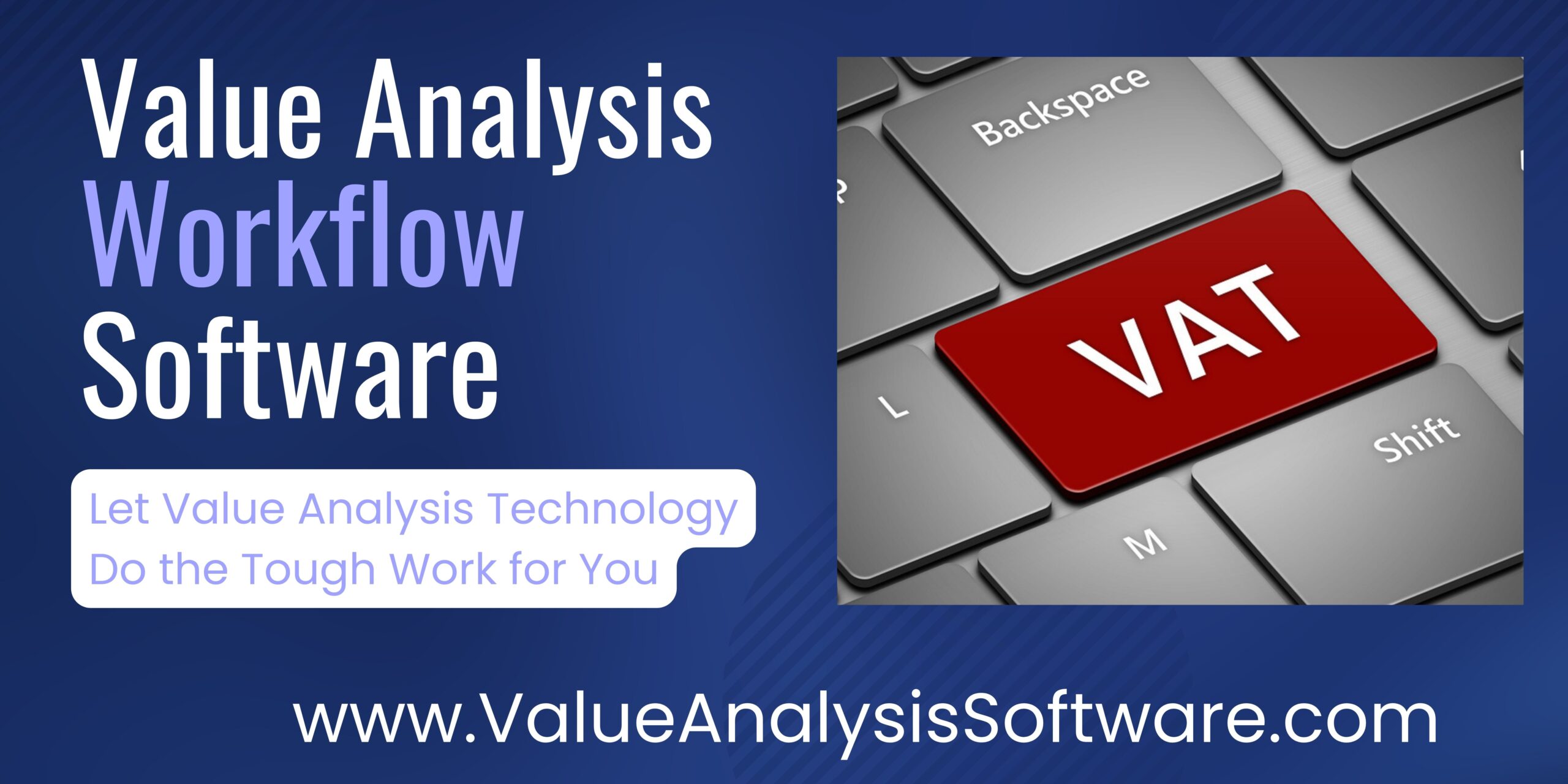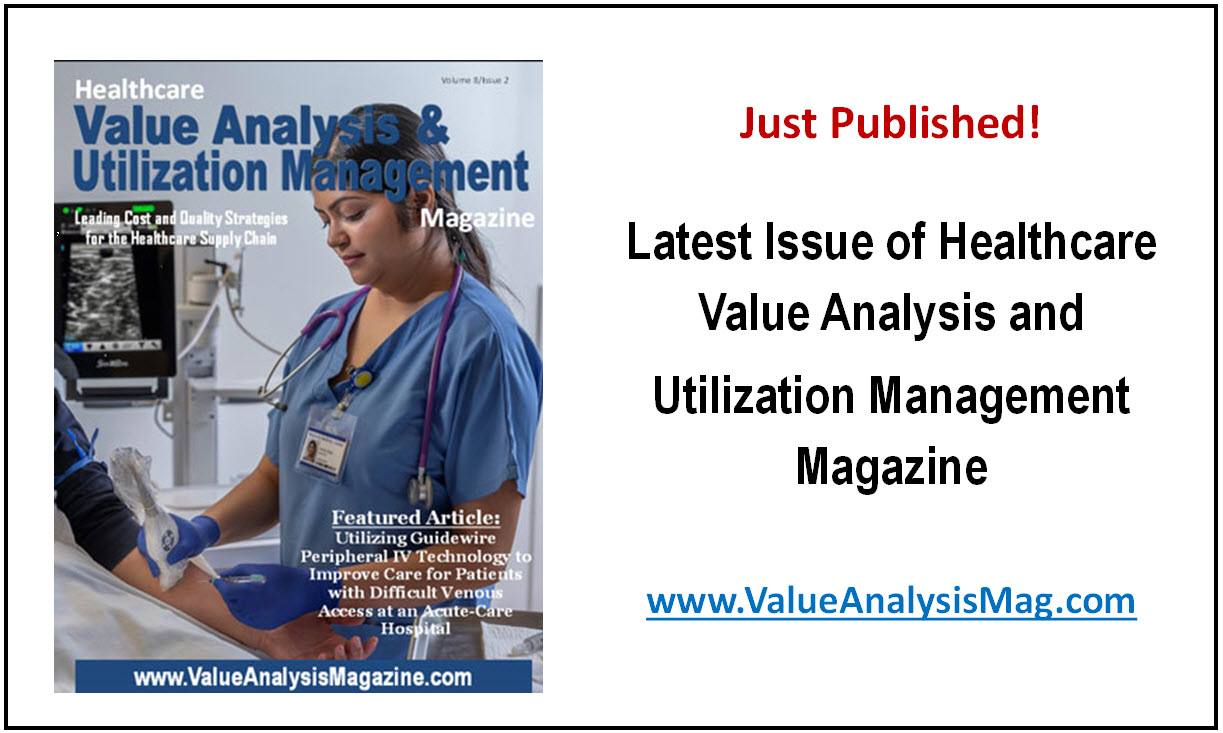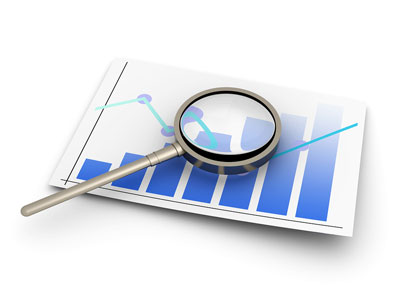Robert W. Yokl, Vice President/COO, SVAH Solutions
Having worked in the healthcare supply chain for over 25 years, I have seen how sales representatives could be viewed as the evil empire but also how they can be thought of as valued partners in the success of the organization, even thought of as friends (I have seen the hugs at conferences). Most look at the representatives as somewhere in-between, but for some value analysis and supply chain professionals those 1% of bad sales people who were too pushy, arrogant, and just outright unprofessional are all too fresh in their minds. This is a difficult hurdle to jump over when most sales representatives are truly professional and care about their customers, but the bad reps have caused a litany of distrust that will take years (maybe never) to dissipate.
For years, vendor sales representatives have been looked upon as a necessary component in the healthcare supply chain, though not always trusted or thought of as a true partner in the success of value analysis or supply chain. Though, without sales representatives we would find it impossible to do business, as they are the conduits for their company’s communications to their customers. So, what is the answer for turning the tides on the stigma of distrust?
We must look for a new level of partnership with our sales representatives that starts with our value analysis teams. Yes, we need to involve sales representatives in our value analysis teams more as valued advisors and of course experts at their product lines to assist in finding lower cost alternatives that meet the cost, quality, and outcome goals of our value analysis teams. How do we do this?
First, you don’t want to offer any sales representative a permanent seat on your value analysis team but there will be times that you want them to be part of the value analysis process to provide an expert view on their products. This will be especially needed when there is a lack of evidence on new products and you must further rely on the sales representative. They will also be needed if you are having problems or reviewing utilization while you are in a contract period, so they can help you find winning cost, quality, and outcome related product alternatives. So, why not use them as an advisor?
This may be new thinking for many of you, or maybe not, but in the new realm of value analysis in the healthcare supply chain we must think and do differently than we have in the past. We must start to build a new level of trust with our sales representatives to further our cost, quality, and outcome goals. On the other side of the coin, sales people will need to up their game and try to be valued advisors to value analysis professionals and the teams they facilitate. The time of give and take of VA and sales representatives must end and a new win/win era must begin.





